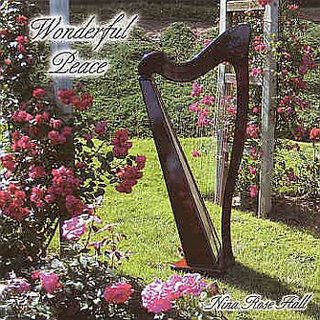
Language: Russian
These days, you only hear this song when something ridiculously sappy (the "Family Matters" theme) or achingly ironic ("Bowling for Columbine") is going on, but that doesn't make it a bad song necessarily. It does make it, plausibly, a bit of a cliche.
According to Wikipedia, "What a Wonderful World" was written in 1968 "as an antidote for the increasingly racially and politically charged climate in the U.S.," specifically for Louis Armstrong, because he appealed to whites. This doesn't make the song, or its writers, bad, by any stretch of the imagination, but it does lead me to think differently about the song.
It's not that I don't know that people use music to try to influence one another, and that this sort of calculation goes on all the time, regarding who is marketable to which segment of the population, and what lyrics would be more acceptable or less acceptable -- I guess it had just not occurred to me that this sort of thing might have started a lot earlier than I had considered that it might have. I guess I sort of had this romantic view of all songs pre-1976 (or so) being the spontaneous outpouring of emotion into music, by people who then shlepped the songs around to various labels, refusing to alter their artistic vision, until Fame happened. Blah blah blah, dedication to their artistic vision, blah blah blah, believe in the music and the audience will come to you, etc.
It's kind of especially disillusioning with respect to this song in particular, because it's so short and simple and easy-looking. I mean, you don't hear this song and immediately think, oh, it must have taken a dedicated army of jazz songwriting technicians to produce this.
-Jessi
- - - - - - - - - - - - - - - - - - - - - - - - - - -
I see our green shafts, red roses too,
I see that they bloom, which is for me, and for you,
they think to themselves, "That wonderful peace of ours."
I see the skies of blue, clouds of whiteness,
the bright blessed days, the night darkness (most sacred to itself),
and (I think) that wonderful peace.
The rainbow flowers in the sky so sufficiently
find the sides of people going past. (Also on
the friends that shake hands: I see them.) To speak, as you make
them say to you, "I love you, actually."
I observe babies crying. As I hear it, they begin to grow:
I won't learn more than they will. (To know this is very
wonderful.) And I never think of their peace.
The rainbow flowers in the sky, so sufficiently
situated on the sides of people going past, are also
speaking as friends. I see you make the hands shake: you make them.
He speaks: "they actually love me."
As I begin to observe it, I hear babies cry. They grow,
you know. (It will be you that they're never gonna teach.
They won't know the entire series better than I.)
I think to myself, wonderful peace, and
yes, he thinks to himself, wonderful peace.

No comments:
Post a Comment